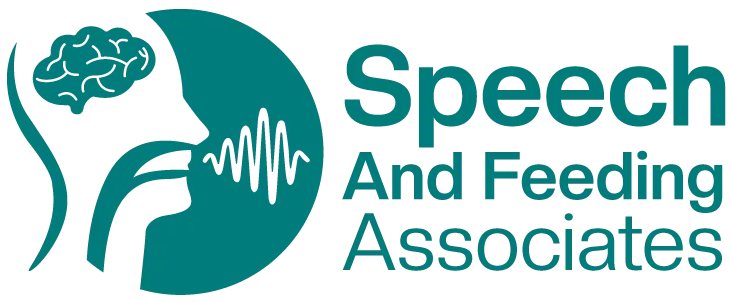Resources to Support Your Journey
Understanding Symptoms and Signs
Identifying the early indicators of speech and feeding challenges can be life-changing. Here are common symptoms to watch for:
- Stuttering: Repeated sounds or syllables, prolonged pauses, or visible tension while speaking.
- Language Delays: Difficulty forming sentences, limited vocabulary, or trouble following instructions.
- Voice Disorders: Persistent hoarseness, unusual pitch, or difficulty projecting the voice.
- Childhood Apraxia of Speech: Inconsistent speech errors, trouble imitating sounds, or challenges coordinating mouth movements.
- Dysphagia: Frequent coughing or choking while eating, difficulty swallowing, or recurrent respiratory infections due to aspiration pneumonia.
- Neurogenic Speech and Language Disorders: Speech and cognitive communication challenges stemming from strokes, brain injuries, or degenerative neurological conditions such as Alzheimer’s disease and Parkinson’s disease.

Educational Insights
We believe knowledge is empowering. Explore these guides to better understand speech and feeding challenges:
- Speech Milestones: Learn about typical communication milestones and when intervention might be needed.
- Feeding Milestones: Discover age-specific feeding behaviors and strategies to encourage healthy eating habits.
- Behavioral Indicators: Understand emotional and social signs like frustration, social withdrawal, or food aversions.
Practical Tips and Tools
Everyday practices can make a difference. We’ve compiled simple strategies for families and individuals:
- For Parents: Encourage speech through reading aloud, interactive play, and narrating daily activities.
- For Adults: Practice specific speech sounds, explore AAC (Augmentative and Alternative Communication) tools, or work on relaxation techniques to reduce tension.
Interactive Tools and Guides
- Symptom Checklists: Easy-to-use guides to help recognize potential issues in speech or feeding development.
- Video Tutorials: Step-by-step demonstrations for at-home exercises to support therapy goals.
When to Seek Help
If you notice persistent challenges in communication, feeding, or swallowing, early intervention is key. Explore our services or schedule an evaluation to determine the next steps tailored to your needs.
